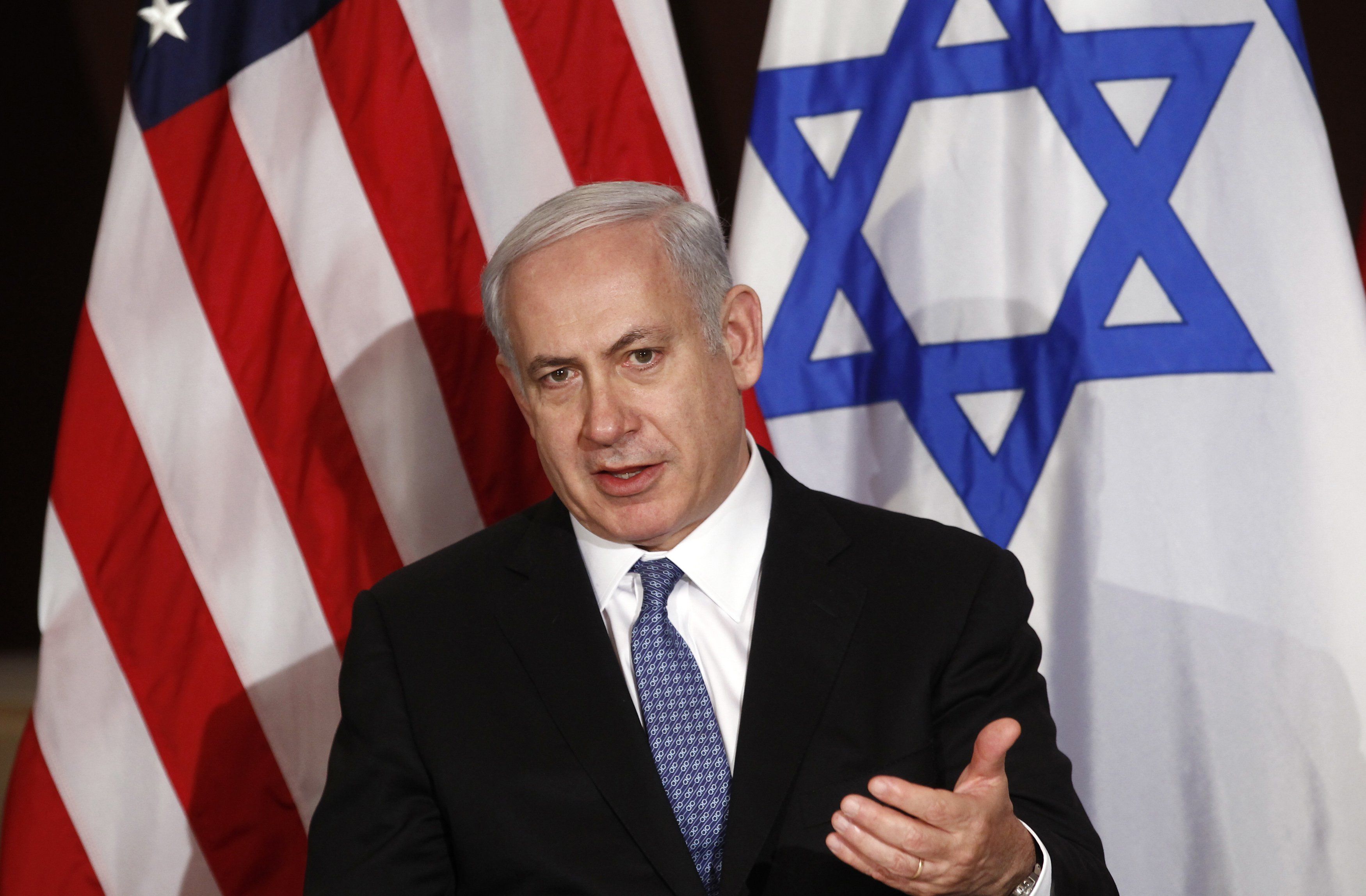Israeli Prime Minister Benjamin Netanyahu is addressing a joint meeting of Congress on Wednesday, visiting Washington at an awkward moment in US-Israel relations and amid ongoing international efforts for a cease-fire in Gaza.
Meanwhile, on the other side of the world, China helped facilitate an agreement between Hamas and its longtime political rival, Fatah, on Tuesday that would see the two Palestinian groups form a government together. Both Israel and the US have already thrown cold water on the deal, given their opposition to Hamas remaining in power in any capacity.
Netanyahu’s speech also comes at a chaotic time in US politics, with the country still reeling from the assassination attempt on former President Donald Trump as well as President Joe Biden’s decision to drop out of the 2024 race.
Tough crowd. Netanyahu’s prosecution of the war against Hamas in Gaza – and vocal opposition to a two-state solution – has made him unpopular with a number of Democratic lawmakers while also creating tensions with the Biden administration. Some Democratic lawmakers are expected to boycott his speech, and Vice President Kamala Harris, now the front-runner for the Democratic presidential nomination, will not preside over the Senate during the address due to a campaign event in Indianapolis.
Thousands are also poised to protest in the nation’s capital against the war in Gaza during Netanyahu’s visit, though pro-Israel demonstrators are also expected to turn up in Washington.
Given these circumstances, Netanyahu is likely to strike a more bipartisan tone than in the past and will probably focus on “the historical link and strategic value of the Israel-US relationship” in his speech, says Sofia Meranto, a Middle East analyst for Eurasia Group. During an address to Congress in 2015, Netanyahu controversially ripped into the nuclear deal with Iran that was being orchestrated by the Obama administration, infuriating many Democrats.
Netanyahu wants to use his Wednesday speech to “showcase that he has a unique relationship with US leaders — an argument he leans on domestically — and try to dispel sentiment in Israel that he has damaged the relationship with Washington,” adds Meranto.
